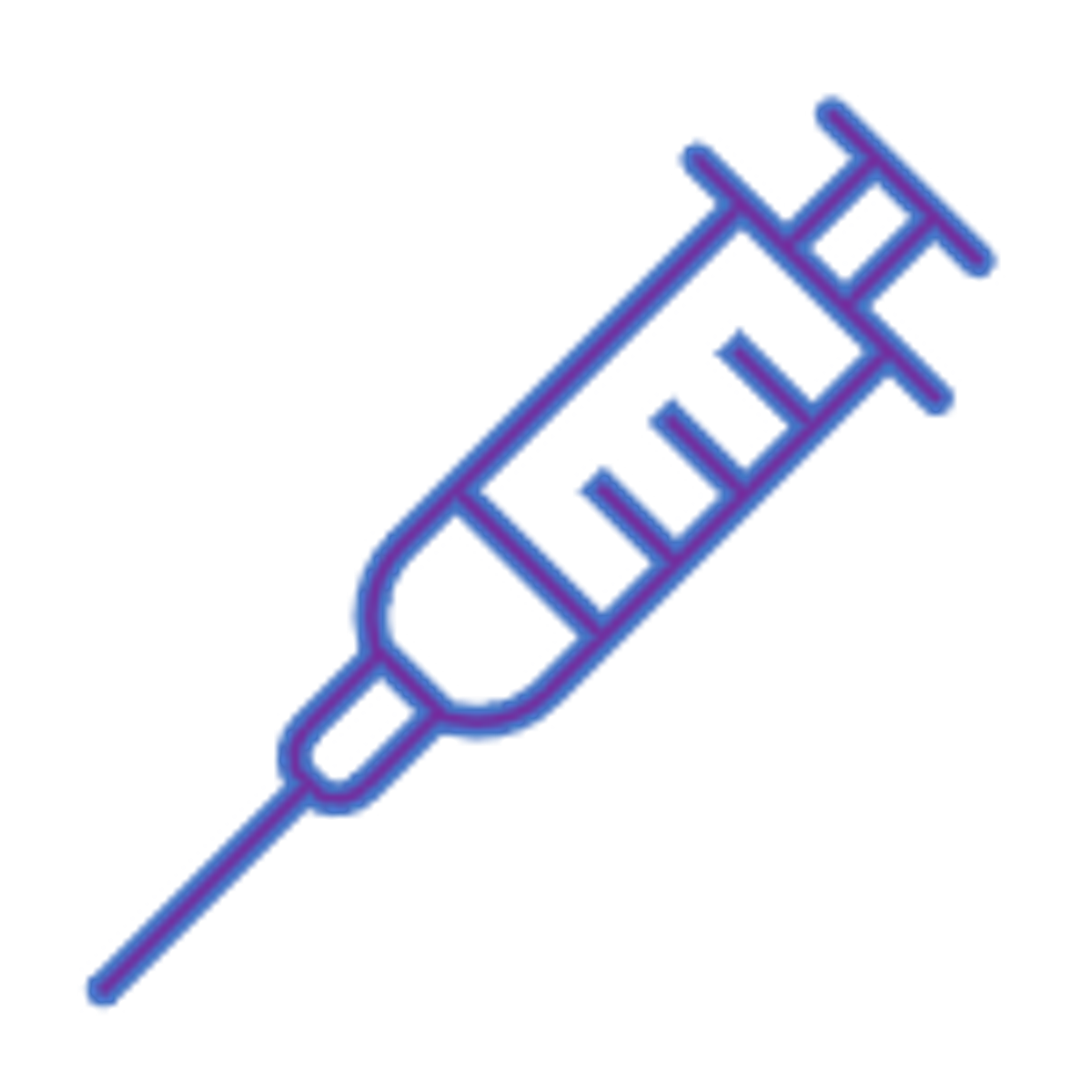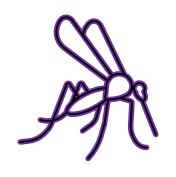HEALTH NEWS

Doctors In Secondary School Program
The doctors in school program has finished up for this year. The DISS clinic had a very busy year helping many CSC students with a different range of medical needs.
We would like to personally thank our wonderful DISS team for all their support throughout the year, their adolescence health knowledge and compassion is such a wonderful asset for the school to have.
The DISS team will return in term 1 of 2023 and we look forward to seeing many more students using this fantastic service.
For more information about the DISS program please email: diss@craigieburnsc.vic.edu.au
Updating medical details
It is important that you notify Craigieburn Secondary College if your child’s medical details have changed to ensure that we provide the best care for them while they are at school and in the event of an emergency.
If your child has been recently diagnosed with a condition that may affect them during their time at school, please keep us informed. This may include taking new medication, or a change in medication, a newly diagnosed medical condition such as Diabetes, Asthma, Epilepsy, an Allergy, Anaphylaxis, or any other medical condition that the school is unaware of.
If your child has been diagnosed with Diabetes, Epilepsy, Asthma, an Allergy or Anaphylaxis, you will need to provide the school with an updated action management plan. Students who currently have a management plan should have these updated annually.
To obtain a new / updated management plan it is as easy as visiting your local doctor. This medical management plan will be followed in the event of an incident relating to the child's diagnosed health care need, allergy, or relevant medical condition.
Medications
All prescription medications taken during school hours must be held in sick bay as per the CSC medication policy. Medication administration will be monitored by our school nurse.
Parents / guardians or a doctor will need to fill out the Medication administration form which the school can provide on request.
Students with Asthma may carry their own Ventolin with them while they are at school and a spare Ventolin can be kept in the sick bay for emergencies.
Students with diagnosed Anaphylaxis must provide a within date EpiPen or Anapen to the school to be used in the event of an emergency.
Please contact our school nurse for further information.
Thanks for your consideration in this matter.
Stay Sun Smart this Summer
Sun protection measures are highly recommended when the UV index is three and above. Your skin can be protected in five ways – Slip, Slop, Slap, Seek and Slide:
- SLIP on clothing that covers as much of your skin as possible; it is one of the best barriers between your skin and the damaging sun.
- SLOP on a SPF 30 or higher, broad-spectrum sunscreen 20 minutes before going outdoors, and reapply regularly, especially if swimming.
- SLAP on a broad brimmed hat that provides protection to your face, neck and ears.
- SEEK shade whenever outdoors. Staying under a tree or umbrella can reduce your overall exposure to UV radiation.
- SLIDE on some sunglasses that are close fitting, wraparound and cover as much of your eye area as possible.
Remember to stay hydrated!
Year 7 Immunisations
On the 28th of November, our year 7 students received their second Human Papillomavirus Vaccine (HPV).
The day was a great success with CSC students showing a tremendous amount of bravery, as well as fabulous school values by showing respect and great manners to the Hume city council nurses who visited our school on the day.
Immunisation is the best way to protect yourself and your family from preventable diseases and illnesses.
If your child was absent on the day, they can still receive their vaccination by visiting your local doctor or by booking an appointment at one the Hume City Council run vaccination hubs.
To book an appointment please visit the following link: Online Bookings - Hume City Council
Preventing mosquito-borne disease
After floods and heavy rainfall, mosquitoes can grow and spread in the pools of water left behind.
While the overall risk is low, some mosquitoes carry diseases that spread through mosquito bites. Mosquitoes are generally more active at dusk and dawn, but some will also bite during the day.
The best way to prevent mosquito-borne diseases is to avoid mosquito bites.
You can protect yourself against mosquito bites by:
- Covering up as much as possible with long, loose-fitting, light-coloured clothing
- Using insect repellent that contains picaridin or DEET on exposed skin
- Limiting outdoor activity if lots of mosquitoes are active
We encouraged our CSC community to wear insect repellents that contain picaridin or DEET.
A thin, even layer of insect repellent should be applied to all exposed skin - Avoid applying repellent to your hands, eyes, or mouth area.
Please follow the below guidance for repellent use:
- Use only as directed by the instructions on the label.
- Roll-on or pump spray preparations are preferable to aerosols. Sharing roll-on is safe, but people with skin infections should use their own product.
- If you need to apply both sunscreen and repellent, apply the sunscreen first.
- Repellent is not water-resistant. It may need to be reapplied frequently, particularly if sweating from heat or exercise.
- Do not use on cuts, wounds, or irritated skin.
- Store repellents out of the reach of children.
- Always discontinue use if any skin irritation occurs and seek medical advice as required.
For further information please visit the below links:
Better Health Channel information about preventing mosquito-borne diseases
A handy checklist for at home to help reduce mosquito breeding sites
Department of Health safety advice for flood-affected areas in a range of languages.




